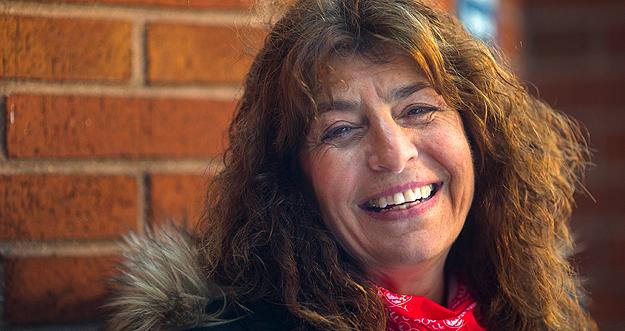EQUITY vs EQUALITY

Subtle differences can mean a great deal.
Equality: means each individual or group of people is given the same resources or opportunities.
Equity: recognizes that each person has different circumstances and allocates the exact resources and opportunities needed to reach an equal outcome.
There is a philosophical difference imbedded in these two concepts. Equity is based on an historical analysis. Equality is a stand-alone concept; an ideal, but insufficient in and of itself to address social conditions and is therefore ahistorical, ironically disconnected from the origins of inequality itself.
Many of us are familiar with the concept of “making the employee whole” as a resolution to a grievance. A member’s rights were violated by those in power (administration) and thus, measures need to be taken to correct the violation that took place — something tangible must be given to the employee: time, money, a promotion, a benefit, etc.
In addition, a systems problem needs to be corrected to avoid a similar event from occurring again. If it’s a class action grievance, oan entire class of employees needs to be “made whole,” and the systems issue corrected for the class.
Finally, there needs to be a monitoring mechanism put in place to ensure that the agreement is enforced. This scenario illustrates an attempt to establish equity for those who suffered, who were aggrieved.
Addressing hundreds of years of systemic racism and racial discrimination requires the same form of justice. Equity requires special actions to take place to begin to tackle the harmful effects of this ill-fated legacy. A legacy is defined as: something transmitted by or received from an ancestor or predecessor, or from the past. Knowing our collective past, as a society, is essential to understand its impact.
Black History Month gives us a tiny window into this past. Likewise, Women’s History Month, and other special days or months provide us with information sorely missing from our education that focus on the contributions and challenges faced by marginalized people and cultures. Perhaps one day, all these stories will be incorporated into a complete history, mitigating the need to make up the deficit.
Dr. Martin Luther King, Jr. described the impact of institutionalized racism as it is manifested in health care: “Of all the forms of inequality, injustice in health care is the most shocking and inhumane.” While we see this every day in our practice and in our communities, the ravages of COVID illustrated it in statistics that shocked even the skeptics.
African-Americans (and Latinos and Native Americans) succumbed to the Corona virus at rates two times greater than did Caucasians. Infection rates, hospitalizations and severity of illness were also grossly disproportionate to other populations. Joblessness, hunger, loss of homes, devastation of neighborhoods in communities of color showed similar imbalances.
All Americans suffered as a result of the Pandemic, but race and social class — and being front line workers, like nurses — were determinant demographics in the degree of hardship. At the height of the first wave last Spring, the wealthiest New Yorkers fled to second and third homes or resorts, in safer, spacious areas. They could work remotely; they could continue to receive an income; they received the best care if they became ill.
Access to quality health care, the best nutrition, higher incomes, superior education, meaningful employment, healthy exercise, leisure and relaxation, larger and beautiful living spaces, ability to travel and vacation, communities free from violence and blight, access to expert legal advice and lawyers, thus minimizing incarceration, receiving respectful treatment by authorities and businesses — these privileges are out of reach of most communities of color and the poor.
These are key concepts in understanding the social determinants of health. In addition, the stresses of prejudice and mistreatment alone are major contributors to illness and despair.
Of course, it doesn’t have to be this way. Through understanding the legacy of inequality, the measures that must be taken to right the wrongs, and the will to make these changes, we will achieve an equitable society.
“Until we are all free, we are none of us free.” – Emma Lazarus